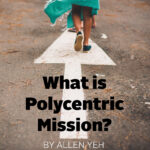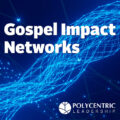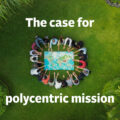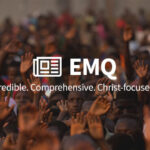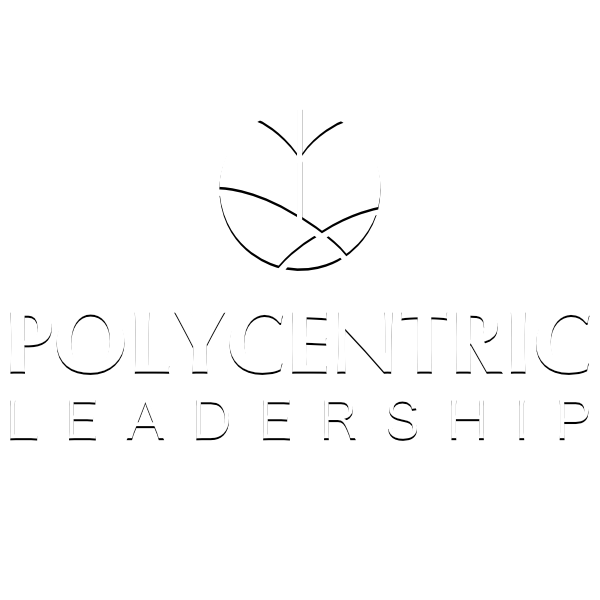
GUEST POST BY MATTHEW NIERMANN
In the landscape of the Internet’s evolution, we’ve traversed various phases, each marked by distinct characteristics shaping how we interact with digital content. Initially, with Web 1.0, the internet served as a repository of information, where users could only passively consume content.

However, the emergence of Web 2.0 introduced a transformative shift, empowering individuals not only to consume but also to create and share content, heralding the era of user-generated platforms.
Yet, beneath the surface of this seemingly democratized cyberspace lies a fundamental structure dominated by centralized entities—tech companies that own and control the platforms where we engage. These companies hold sway over the data we generate, leveraging it for profit through targeted advertising and other monetization strategies.
However, the advent of Web 3.0 signifies a monumental departure from this centralized model, heralding a new era of decentralization. In Web 3.0, users retain ownership and agency over their data, enabling them to participate in networks while maintaining control over their digital assets. This paradigm shift redistributes power from monolithic corporations to the individual, fostering a more equitable and autonomous digital ecosystem.
While the infrastructure for Web 3.0 continues to evolve, examples like blockchain and cryptocurrencies exemplify its decentralized ethos. Unlike traditional currencies controlled by central banks, cryptocurrencies operate on decentralized networks, where ownership is transferred directly between individuals without intermediaries.

The ramifications of this transition extend beyond mere technological advancements, profoundly impacting our societal structures and cultural paradigms. With ownership shifting from centralized institutions to decentralized networks, we witness a reconfiguration of power dynamics, influence, and the attention economy. Moreover, this shift reflects a broader philosophical trend towards decentralization, underscoring a growing societal preference for autonomy and mistrust of centralized authorities.
As we navigate this new digital frontier, the implications of Web 3.0 reverberate across every facet of our lives, prompting a reevaluation of how we interact with technology and conceptualize our place within the digital landscape. Indeed, the transition towards decentralization isn’t merely a technological evolution but a profound reimagining of our societal fabric and collective consciousness.
Matthew Niermann, Ph.D.
_________________________
 Dr. Matthew Niermann is the Director of the State of the Great Commission Report for the Lausanne Movement.
Dr. Matthew Niermann is the Director of the State of the Great Commission Report for the Lausanne Movement.
More Information
This article was adapted from Lausanne Podcast: Faithfully Navigating the Digital Age: Technology, Theology, and Spiritual Formation and has been reposted with permission from the author and the Lausanne Movement.
Faithfully Navigating the Digital Age: Technology, Theology and Spiritual Formation
Image Credits:
- Cover image of Web 3.0 by Shubham Dhage on Unsplash
- Inset image of interactive web 2.0 by John Schnobrich on Unsplash
- Cryptocurrency blockchain Web 3.0 graphic by Shubham Dhage on Unsplash


